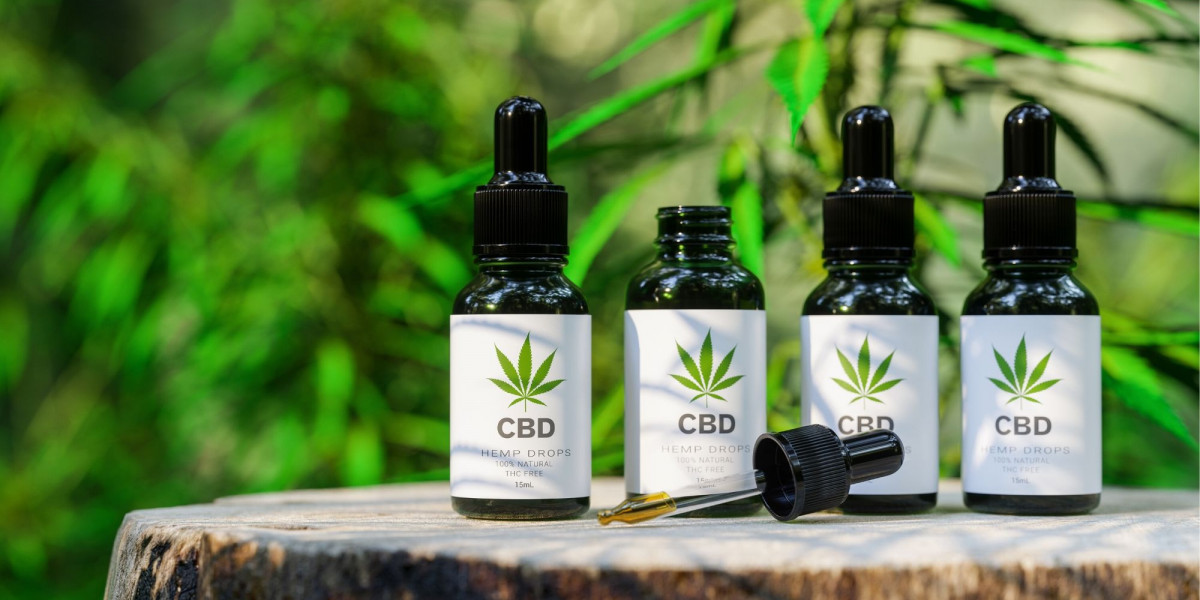The CBD vape juice market has seen significant growth in recent years, driven by the increasing consumer demand for cannabidiol (CBD) products and the rising popularity of vaping as an alternative to traditional tobacco consumption. With the legal status of CBD improving in many countries, particularly in the United States, where the 2018 Farm Bill legalized the cultivation of hemp, there has been a surge in product development. However, despite the market’s rapid expansion, several challenges continue to affect the growth and stability of the CBD vape juice industry. These challenges range from regulatory uncertainty and quality control issues to concerns about health and safety. This article will explore some of the primary obstacles that businesses in the CBD vape juice market face.
1. Regulatory Uncertainty and Legal Hurdles
One of the most significant challenges for the CBD vape juice market is the lack of clear and consistent regulations. Although CBD derived from hemp is legal under the 2018 Farm Bill in the U.S., the regulatory landscape surrounding its use in vaping products is still ambiguous. The U.S. Food and Drug Administration (FDA) has not fully approved CBD for use in food, drinks, or vaping products, creating a sense of uncertainty among manufacturers, investors, and consumers. This ambiguity makes it difficult for businesses to operate in the market with confidence and for consumers to trust that they are purchasing safe, legal products.
In addition to federal regulations, state laws vary significantly, adding another layer of complexity. Some states have more lenient laws regarding CBD products, while others have stricter controls or outright bans on CBD in vaping products. This lack of uniformity forces businesses to navigate a patchwork of regulations, often requiring costly legal counsel and compliance efforts to ensure they meet local and national laws.
2. Health and Safety Concerns
Health concerns related to vaping are another major challenge for the CBD vape juice market. In recent years, there have been widespread reports of lung injuries and even deaths associated with vaping, particularly with unregulated products containing substances like vitamin E acetate, which has been linked to lung damage. These health risks have led to public scrutiny of the vaping industry as a whole, including CBD vaping products.
Although CBD itself is generally considered safe, the risks associated with vaping – such as potential lung irritation or long-term respiratory effects – remain a significant concern for health experts. The vaping-related health crisis, including the 2019 outbreak of vaping-associated lung injury (VALI), has prompted calls for stricter regulations and even calls for a ban on flavored e-cigarettes, which could extend to CBD vape products. If health risks related to vaping CBD become more pronounced, it could harm the public perception of CBD vape juice and slow down the market’s growth.
Additionally, there are concerns over the quality and safety of CBD vape products. The unregulated nature of some parts of the industry has allowed for substandard products to enter the market, potentially containing harmful additives or incorrect CBD concentrations. These inconsistencies not only raise health concerns but also tarnish the reputation of the CBD vape juice market as a whole.
3. Quality Control and Product Standardization
The CBD industry in general has faced significant challenges when it comes to ensuring consistent product quality and transparency. These issues are particularly prevalent in the CBD vape juice market, where there is little standardization in terms of ingredient sourcing, manufacturing processes, and labeling practices.
Many CBD vape products vary in terms of potency and purity, even among different batches from the same manufacturer. This inconsistency can make it difficult for consumers to find products they can trust. Furthermore, since CBD is not FDA-approved as an ingredient in vaping products, there is little oversight on manufacturing practices, allowing some manufacturers to cut corners. For instance, some products may contain harmful chemicals, pesticides, or heavy metals that could pose serious health risks to consumers.
The lack of standardized testing is another issue. While some manufacturers are transparent about their testing processes, including third-party lab results to prove the cannabinoid content and the absence of contaminants, others are not. This lack of transparency makes it difficult for consumers to make informed decisions about the products they are purchasing, further complicating efforts to establish trust in the market.
4. Market Saturation and Intense Competition
As the CBD market grows, the number of businesses entering the sector continues to rise. This has led to increased competition, which can be challenging for smaller companies trying to differentiate themselves in a crowded market. The CBD vape juice market, in particular, is saturated with various brands offering similar products. To stand out, companies need to invest in branding, marketing, and quality, but this can be difficult given the financial and regulatory constraints.
For newer companies, gaining consumer trust is an uphill battle, especially with the presence of more established brands. Moreover, the industry’s rapidly changing nature makes it challenging for businesses to keep up with shifting trends and consumer preferences. As new delivery methods, flavors, and formulations are introduced regularly, companies must continuously innovate to stay competitive, which requires significant investment in research and development.
5. Supply Chain and Distribution Issues
The CBD vape juice market also faces supply chain challenges. The production of high-quality CBD vape juice requires sourcing pure, organic CBD from reputable suppliers, which can be difficult, especially as the demand for CBD continues to rise. The hemp farming industry is still evolving, and supply chain issues can arise due to inconsistent crop yields, poor harvests, or delays in processing.
Moreover, since many companies sell CBD vape products online, shipping and distribution can become an obstacle. In certain regions, shipping CBD products may be illegal, requiring businesses to find ways around these restrictions or navigate the complexities of interstate commerce. As more states pass laws regulating CBD, businesses must continually adjust their distribution strategies to comply with local and state regulations.
6. Negative Public Perception and Misinformation
Despite growing interest and positive anecdotal reports about the benefits of CBD, there remains a negative stigma associated with cannabis-related products, including CBD. Misinformation, particularly around the psychoactive effects of CBD and its potential risks, contributes to public skepticism. Many people still associate CBD with marijuana’s intoxicating effects, even though CBD is non-psychoactive. This confusion can discourage potential customers from purchasing CBD vape juice products.
Additionally, media coverage of vaping-related health issues, as mentioned earlier, has contributed to negative perceptions surrounding vaping in general. These issues create a sense of wariness among consumers, which is a significant obstacle for companies trying to establish the CBD vape juice market as a legitimate and safe sector within the wellness industry.
Conclusion
The CBD vape juice market holds significant potential, but several challenges must be addressed for it to continue growing successfully. Regulatory uncertainty, health concerns, quality control issues, intense competition, supply chain disruptions, and negative public perceptions are just a few of the obstacles that businesses in this space must navigate. However, as the market matures, companies that prioritize transparency, consumer education, and high-quality products are more likely to overcome these hurdles and emerge as leaders in the industry. Until then, overcoming these challenges will require careful planning, regulatory compliance, and a commitment to consumer safety.
Get More Details :
| https://www.pristinemarketinsights.com/cbd-vape-juice-market-report |









